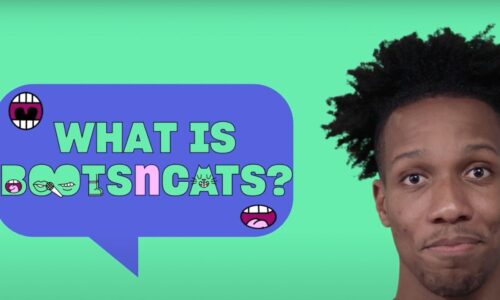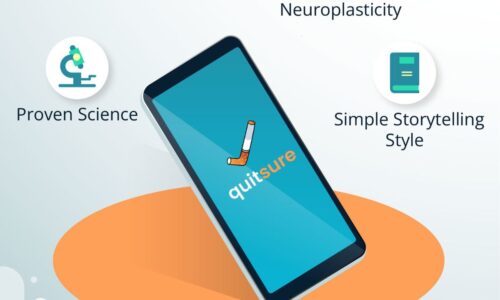Getting out of a relationship can be a traumatic experience. Here’s what you can expect as you rebound.
Nanaya, the company to create the world’s first app to scientifically predict your lovelife has compiled data into some uncharted territory of the “singledom.”
More specifically delving into the science behind how long people stay single between committed relationships.
It’s a question everyone has wondered at some point, but it’s a question that quite surprisingly no one has answered.
“Somehow this is the first time someone’s seriously looked at this question. The answers we found aren’t just about how long people stay single but also why. This sort of research is instrumental to our prediction algorithm.” – Rashied Amini, Ph.D., Founder and owner of Nanaya.
A Date With Data
Using in-app data collected from about 50,000 users worldwide Nanaya’s team sets out to answer the big, unanswered questions about love, relationships, romance, sex and marriage.
Although not their first study, this is the company’s most detailed study to date.
Romancing The Results
Results are based on Nanaya’s users, which includes people worldwide who are single, in relationships, and married.
Immediately after a breakup, the average person will:
Have a 25% chance of entering a new relationship after seven months.
Have a 50% chance of entering a new relationship after one year and eight months.
Have a 75% chance of entering a new relationship after three years and six months.
While rebound times will vary based on the individual and their circumstances, there is a very strong relationship between who they are and their outcomes.
According to the study, people who are younger, self-certain, lighthearted, empathetic, and with a greater need for instant gratification will end up in relationships fastest after a breakup.
People who are older and/or less socially active may take up to several years longer to find a relationship than people who are in their early twenties and/or very socially active.
Popular opinion or popular fact?
One result of this in-depth study can even reform some popular age-old advice that “the best way to start a relationship is to not look for a relationship.”
According to the results, people who want a relationship tend to succeed in finding one. But people who want a relationship and make it clear they want a relationship through “dependent” behavior are more likely to struggle. But it is people who want a relationship and genuinely independent who are amongst those who find relationships the fastest.
The full report for this Nanaya study and our other studies of relationship and romantic human behavior can be found on our blog at www.blog.nanaya.co.





